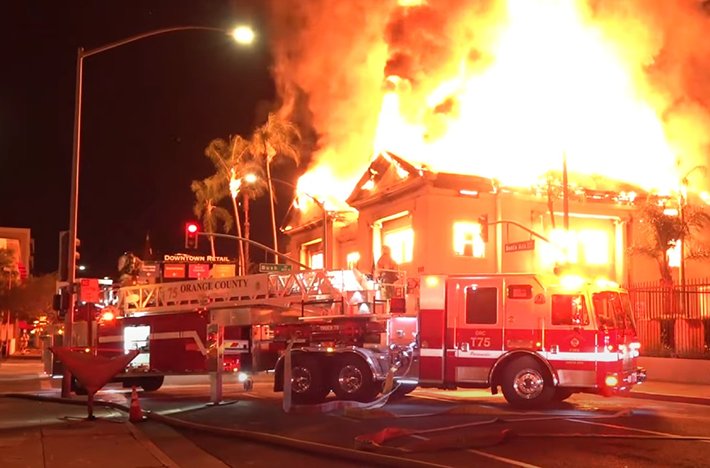With Muslims around the world observing Islam’s holiest month of Ramadan this April, and Jews and Christians preparing to celebrate Passover and Easter, the Department of Homeland Security (DHS) is working to prevent violent attacks against houses of worship as congregations look forward to in-person gatherings after two years of pandemic.

The DHS Center for Faith-Based and Neighborhood Partnerships recently held a webinar, “Protecting Places of Worship: A Religious Observance Briefing on Safety and Security.” It featured experts who shared information about community-based approaches to preventing targeted violence and increasing safety and security.
The 70-minute webinar was attended by more than 1,000, according to Susan Schneider, chief of the Active Assailant Security Branch of DHS Cybersecurity and Infrastructure Security (CISA).
Amina Khan, an analyst at the Domestic Terrorism Branch of DHS Office of Intelligence & Analysis, said at least 32 mosques, synagogues, churches, temples and other religious communities were violently targeted from 2010 to 2021, and arson and firearms were the most common attack methods.
The Jewish community suffered most of the attacks, followed by Muslim and Christian communities. Hindu and Sikh temples each also experienced violence.
In December 2021, the Office of the Director of National Intelligence released the booklet “U.S. Violent Extremist Mobilization Indicators” that details “observable behaviors that could signal whether individuals or groups are pursuing ideologically-motivated violent extremist activities.”
Uroosa Malik, program analyst with DHS Office of Intelligence & Analysis, said that DHS has a nationwide network of “fusion centers” in every state that are staffed by intelligence officers. They are “there to support every state, local, tribal, territorial and private sector partner” to see to needed intelligence. DHS intelligence officers can be reached via email: dhs.intel.fod.omt@hq.dhs.gov.
Schneider provided an array of CISA resources designed to mitigate attacks on churches and temples. These include a “security guide” that can be tailored to every size and denomination; a “self-assessment tool” to facilitate and improve security planning; and access to security experts who provide “on-site vulnerability assessments” and can help with security plans and local resources.
Schneider also provided a list of CISA resources devoted to such issues as securing public gatherings, active shooter preparedness, a “Houses of Worship Security Self-Assessment” survey, and a “tabletop exercises package” designed to initiate discussions and preparedness regarding natural disasters, pandemics, civil disturbances, ransomware (a type of malware that threatens to publish the victim's personal data or perpetually block access to it unless a ransom is paid), insider threats, vehicle ramming and unmanned aerial systems (drones).
A presentation on “individual preparedness” as a preventive measure against violent attacks offered tips to faith leaders and followers.
“As someone who formerly served in pastoral leadership in an urban context, it was common practice to have street smarts,” said Nicole Wood, Partnership and Communication Lead at the DHS Center for Faith-Based and Neighborhood Partnerships. “I had to prepare myself prior to walking into my place of worship, and when I was there I was observant and empathetic to the emotional impact of those we served.”
She recommended the DHS website @ready.gov, a good place to start or update emergency operations plans as houses of worship prepare for religious observances in the month of April.
“One thing I encourage everyone to do is have a plan in place, practice that plan, and recognize the importance of both the individual preparedness as well as congregational preparedness moving forward,” Wood said.
Marcus Coleman, director of the DHS Center for Faith-Based and Neighborhood Partnerships, concluded the webinar by encouraging faith leaders not to lose any time in gauging their level of preparedness by taking the “Houses of Worship Security Self-Assessment” survey.
From its beginnings, the Church of Scientology has recognized that freedom of religion is a fundamental human right. In a world where conflicts are often traceable to intolerance of others’ religious beliefs and practices, the Church has, for more than 50 years, made the preservation of religious liberty an overriding concern.
The Church publishes this blog to help create a better understanding of the freedom of religion and belief and provide news on religious freedom and issues affecting this freedom around the world.
The Founder of the Scientology religion is L. Ron Hubbard and Mr. David Miscavige is the religion’s ecclesiastical leader.
For more information visit the Scientology website or Scientology Network.


